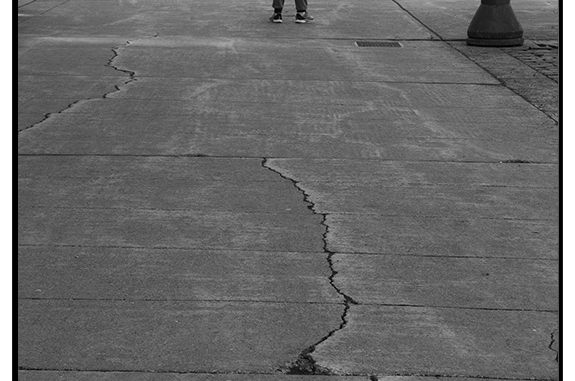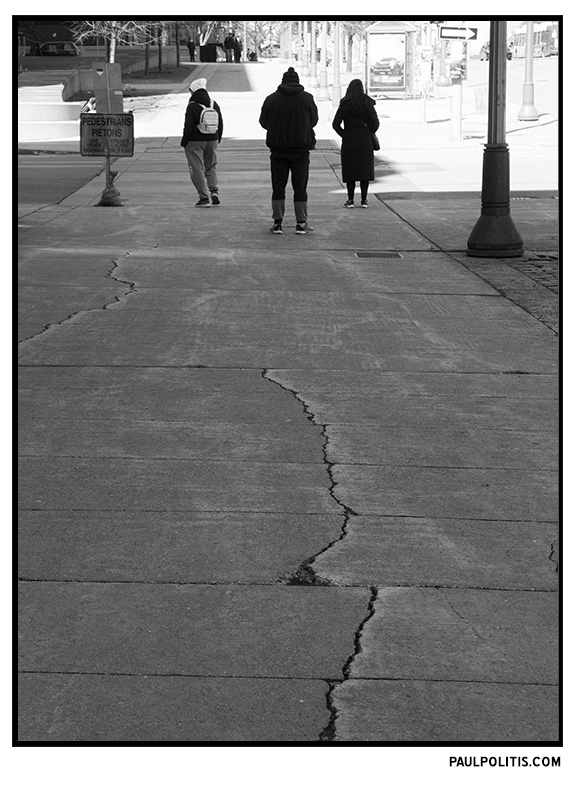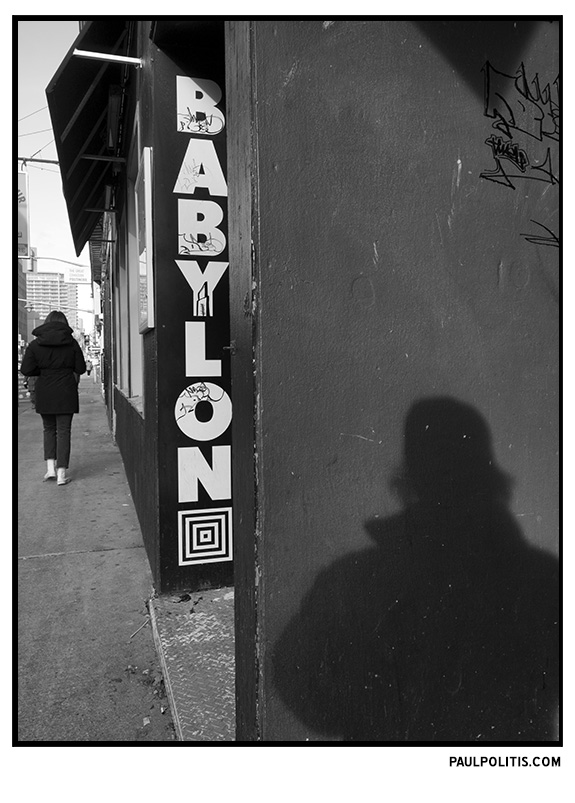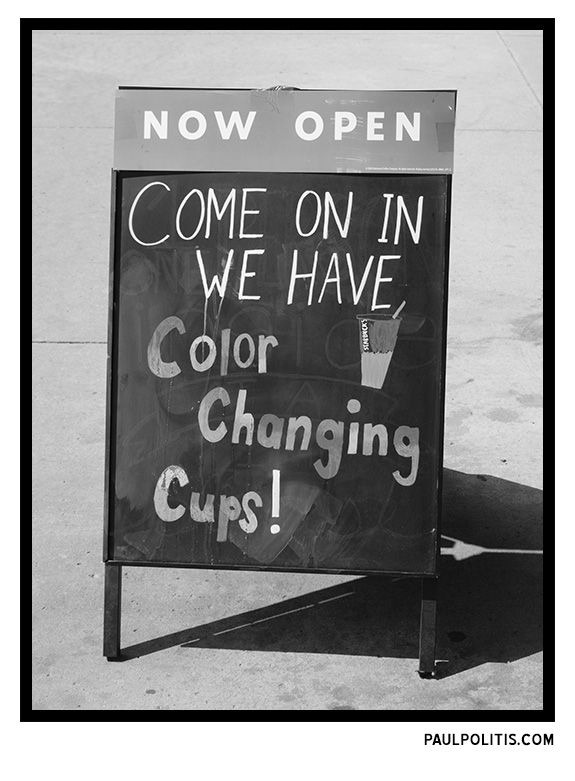

“We have not chosen this time. We cannot help it if we are born as men of the early winter of full Civilization, instead of on the golden summit of a ripe Culture, in a Phidias or a Mozart time. Everything depends on our seeing our own position, our destiny, clearly, on our realizing that though we may lie to ourselves about it, we cannot evade it. He who does not acknowledge this in his heart, ceases to be counted among the men of his generation, and remains either a simpleton, a charlatan, or a pedant.”
— Oswald Spengler, The Decline of the West (1922)
“Western man — Faustian man — has always been inclined to lay too much emphasis on his intellect. This is the secret of his tremendous material progress; but it is also the cause of his downfall. He loses spiritual power — the vital sense that keeps species healthy. Without this vital sense, the word ‘progress’ is a mockery; it is like having a streamlined car, but no petrol to run it on.
This tradition of over-emphasising the intellect goes back to the Renaissance, when the humanist way of thinking first began to flourish. But it gained real power in the seventeenth century, with Galileo, Descartes, Newton, expanding through Locke and Hume, Kant and Hegel, until in the twentieth century it has invaded every branch of thought from philosophy to sociology, from physics to psychology.”
— Colin Wilson, Religion and the Rebel (1957)
“The cause of our current social crises, he would have said, is a genetic defect within the nature of reason itself. And until this genetic defect is cleared, the crises will continue. Our current modes of rationality are not moving society forward into a better world. They are taking it further and further from that better world. Since the Renaissance these modes have worked. As long as the need for food, clothing and shelter is dominant they will continue to work. But now that for huge masses of people these needs no longer overwhelm everything else, the whole structure of reason, handed down to us from ancient times, is no longer adequate. It begins to be seen for what it really is…emotionally hollow, esthetically meaningless and spiritually empty. That, today, is where it is at, and will continue to be at for a long time to come.”
― Robert M. Pirsig, Zen and the Art of Motorcycle Maintenance: An Inquiry Into Values (1974)
“What’s wrong with technology is that it’s not connected in any real way with matters of the spirit and of the heart. And so it does blind, ugly things quite by accident and gets hated for that. People haven’t paid much attention to this before because the big concern has been with food, clothing and shelter for everyone and technology has provided these.
“But now where these are assured, the ugliness is being noticed more and more and people are asking if we must always suffer spiritually and esthetically in order to satisfy material needs.”
[…]
“What’s emerging from the pattern of my own life is the belief that the crisis is being caused by the inadequacy of existing forms of thought to cope with the situation. It can’t be solved by rational means because the rationality itself is the source of the problem. […] Newton invented a new form of reason. He expanded reason to handle infinitesimal changes and I think what is needed now is a similar expansion of reason to handle technological ugliness.”
[…]
“During periods of root expansion things have always looked as confused and topsy-turvy and purposeless as they do now. The whole Renaissance is supposed to have resulted from the topsy-turvy feeling caused by Columbus’ discovery of a new world. It just shook people up. The topsy-turviness of that time is recorded everywhere. There was nothing in the flat-earth views of the Old and New Testaments that predicted it. Yet people couldn’t deny it. The only way they could assimilate it was to abandon the entire medieval outlook and enter into a new expansion of reason.”
[…]
“Nonrepresentative art is one of the root experiences I’m talking about. Some people still condemn it because it doesn’t make ‘sense.’ But what’s really wrong is not the art but the ‘sense,’ the classical reason, which can’t grasp it. People keep looking for branch extensions of reason that will cover art’s more recent occurrences, but the answers aren’t in the branches, they’re at the roots.”
— Robert M. Pirsig, Zen and the Art of Motorcycle Maintenance: An Inquiry Into Values
“The development of mass technological culture, urbanisation, mechanization, and alienation from the natural world, coupled with the erosion of smaller social units and an unprecedented increase in mobility, have increased mental illness, at the same time that they have made the “loner” or outsider the representative of the modernist era. His apprehension of life has become fragmentary, and the welter of disparate information and surrogate experiences, taken out of context, with which we are deluged intensifies the sense of fragmentation. Increasing virtuality and distance from other human lives tend to induce a feeling of an alien, perhaps hostile environment. Social isolation leads to exaggerated fear responses, violence and aggression, and violence and aggression often lead, in turn, to isolation. Structures which used to provide the context from which life derived its meaning have been powerfully eroded, and ‘seepage’ from one context into another produces bizarre, sometimes surreal, juxtapositions which alter the nature of our attention to them, facilitating irony, distance and cynicism at the expense of empathy. In this way the experience of life in the twentieth and twenty-first centuries reproduce many of the experiences until now confined to schizophrenics. At the same type people with schizoid or schizotypal traits will be attracted to, and be deemed especially suitable for, employment in the areas of science, technology and administration which have, during the last hundred years, been immensely influential in shaping the world we live in, and are, if anything, even more important today.”
– Iain McGilchrist, The Master And His Emissary: The Divided Brain and the Making of the Western World, (2009)

“The argument I am propounding is quite simple: Outsiders are a symptom of a dying culture. Without sense of purpose, there can be no life. Society always begins to die from the head downward.
First, the men of genius lose their sense of purpose. When that happens, the decline has begun.This position is anti-humanist. Humanism can be summarised in Rousseau’s sentence: ‘Man is born free, and yet is everywhere in chains.’ The whole object of The Outsider was to prove that this is rubbish. Man is not born free; he is born in chains that are far more degrading and demoralising than loss of social liberty: the chains of boredom and futility. Without a discipline to give him purpose and save him from his own aimlessness, man is nothing.
But, it might be objected, man has a purpose that saves him from aimlessness: to feed and clothe himself and his family. Precisely: most men are saved from a sense of futility by mere physical demands. It is only the Outsider who resents this easy way of solving the problem of meaning.”
— Colin Wilson, Religion and the Rebel
“It is a longing for the heroic, for a greater seriousness of life than ordinary human beings know about. And when a man has this appetite for seriousness, and cannot see it reflected in any of the human beings he knows, he must either submit to their standards and forget his dreams, or deliberately cut himself off from them — make himself an Outsider until he has found a way of thinking and living that gives him scope for his deeper seriousness. […] It is this longing for the heroic that makes the Outsider; and his greatest enemy is ‘nausea’: discouragement, boredom, and the pettiness of so much modern life.”
— Colin Wilson, Religion and the Rebel
“I cannot understand what pleasures and joys they are that drive people to the overcrowded railways and hotels, into the packed cafés with the suffocating and oppressive music, to the Bars and variety entertainments, to World Exhibitions, to the Corsos. I cannot understand nor share these joys, though they are within my reach, for which thousands of others strive. On the other hand, what happens to me in my rare hours of joy, what for me is bliss and life and ecstasy and exaltation, the world in general seeks at most in imagination; in life it finds it absurd. And in fact, if the world is right, if this music of the cafés, these mass enjoyments and these Americanised men who are pleased with so little are right, then I am wrong, I am crazy. I am in truth the Steppenwolf that I often call myself; that beast astray who finds neither home nor joy nor nourishment in a world that is strange and incomprehensible to him.”
― Hermann Hesse, Steppenwolf
